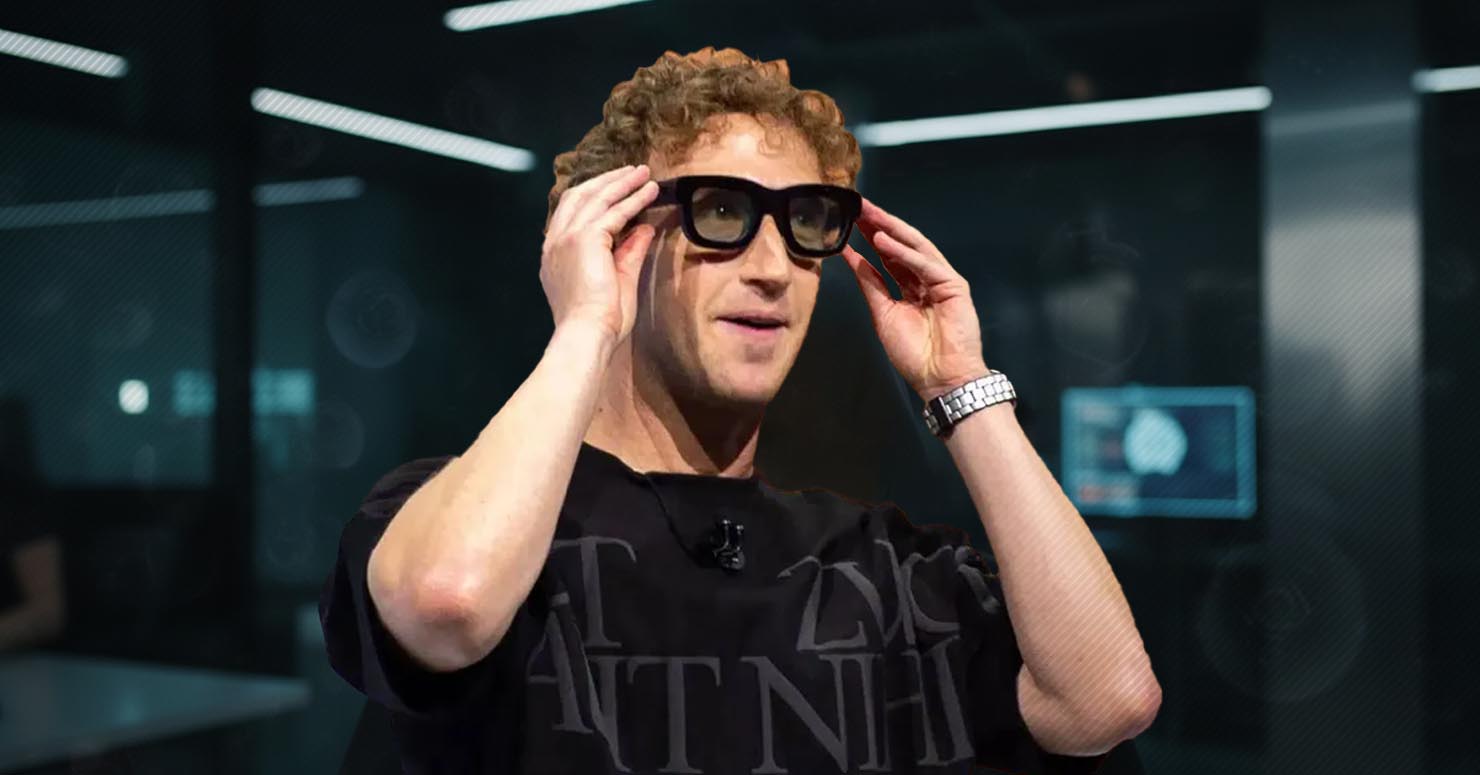In a bold prediction at the annual Meta Connect event, CEO Mark Zuckerberg stated that smart glasses will replace mobile phones, outlining a decade-long transition to the next major computing platform. This vision is backed by a multi-billion dollar investment in connected hardware, including the new AI-powered Ray-Ban Meta smart glasses, which he sees as a key first step.
According to Zuckerberg, the path to mass adoption is clear. “There are already 1 to 2 billion people who wear glasses on a daily basis,” he stated, as reported by Forbes. He believes this existing user base will be the first to upgrade, with the technology’s value eventually becoming so compelling that even non-glasses wearers will adopt them.
The key difference between this new generation of smart glasses and past failures is the integration of powerful AI. Instead of just showing notifications, the new Ray-Ban Meta glasses feature a conversational AI assistant. This allows for “always-on computing,” where users can get information, take photos, and interact with the digital world without needing to look down at a screen. It’s a move towards a more seamless, augmented reality experience.
However, this vision is not without significant challenges. The biggest hurdles remain battery life, the cost of miniaturizing powerful components, and, most importantly, social acceptance. The idea of a device that is always “watching” brings up major privacy concerns, an issue that has been a constant battle for all camera-equipped glasses that have come under fire in the past. Meta is betting that the utility of an always-on AI assistant will finally outweigh these concerns for the average consumer.
The transition, as Zuckerberg admits, will be gradual, but the goal is ambitious: to make the smartphone a relic of a bygone era. For now, it’s a fascinating glimpse into the future of personal technology and the next major battleground for the world’s tech giants, a key topic for all gadgets and reviews.





